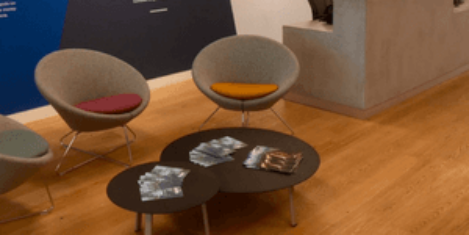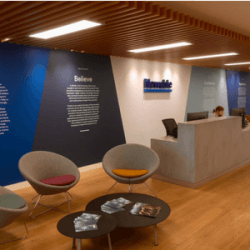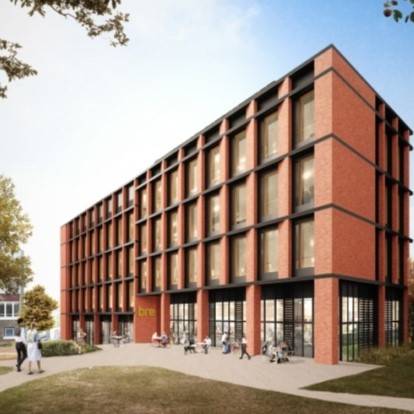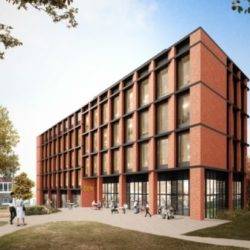To provide the best experiences, we use technologies like cookies to store and/or access device information. Consenting to these technologies will allow us to process data such as browsing behaviour or unique IDs on this site. Not consenting or withdrawing consent, may adversely affect certain features and functions.
The technical storage or access is strictly necessary for the legitimate purpose of enabling the use of a specific service explicitly requested by the subscriber or user, or for the sole purpose of carrying out the transmission of a communication over an electronic communications network.
The technical storage or access is necessary for the legitimate purpose of storing preferences that are not requested by the subscriber or user.
The technical storage or access that is used exclusively for statistical purposes.
The technical storage or access that is used exclusively for anonymous statistical purposes. Without a subpoena, voluntary compliance on the part of your Internet Service Provider, or additional records from a third party, information stored or retrieved for this purpose alone cannot usually be used to identify you.
The technical storage or access is required to create user profiles to send advertising, or to track the user on a website or across several websites for similar marketing purposes.
 A new report has been published which argues that FM has the power, and responsibility to contribute towards social, economic and political betterment, but to do so the sector needs to be more explicit in the value it offers. Sustainability in facilities management: A Holistic View’ from Active Workplace Solutions claims to explore sustainability within the built environment, analyses how the facilities management (FM) sector can impact wider environmental, social and economic goals and build a holistic strategic picture of sustainability. More →
A new report has been published which argues that FM has the power, and responsibility to contribute towards social, economic and political betterment, but to do so the sector needs to be more explicit in the value it offers. Sustainability in facilities management: A Holistic View’ from Active Workplace Solutions claims to explore sustainability within the built environment, analyses how the facilities management (FM) sector can impact wider environmental, social and economic goals and build a holistic strategic picture of sustainability. More →



















 Almost two thirds (64 percent) of SME employees believe that companies should make a positive contribution to society, while half of all UK workers (50 percent) would be discouraged from working for an organisation with no interest in community or ethical goals. According to The Future Workforce from Unum and independent researcher The Future Laboratory this emphasis on a company’s ethical credentials comes in the wake of a movement towards greater awareness of global issues, which has led to demands for more transparency in how organisations do business and less tolerance of unethical corporate behaviour. As a result, an ethical employer can be an important factor when it comes to deciding whether to join or stay with an organisation –In addition, The Future Workforce report found that just under a third (30 percent) of UK workers believe that companies who are not participating in any civic or ethical contributions should be fined.
Almost two thirds (64 percent) of SME employees believe that companies should make a positive contribution to society, while half of all UK workers (50 percent) would be discouraged from working for an organisation with no interest in community or ethical goals. According to The Future Workforce from Unum and independent researcher The Future Laboratory this emphasis on a company’s ethical credentials comes in the wake of a movement towards greater awareness of global issues, which has led to demands for more transparency in how organisations do business and less tolerance of unethical corporate behaviour. As a result, an ethical employer can be an important factor when it comes to deciding whether to join or stay with an organisation –In addition, The Future Workforce report found that just under a third (30 percent) of UK workers believe that companies who are not participating in any civic or ethical contributions should be fined.













October 16, 2018
Law firms are finally embracing the agile workplace
by Simon Pole • Comment, Workplace design
More →